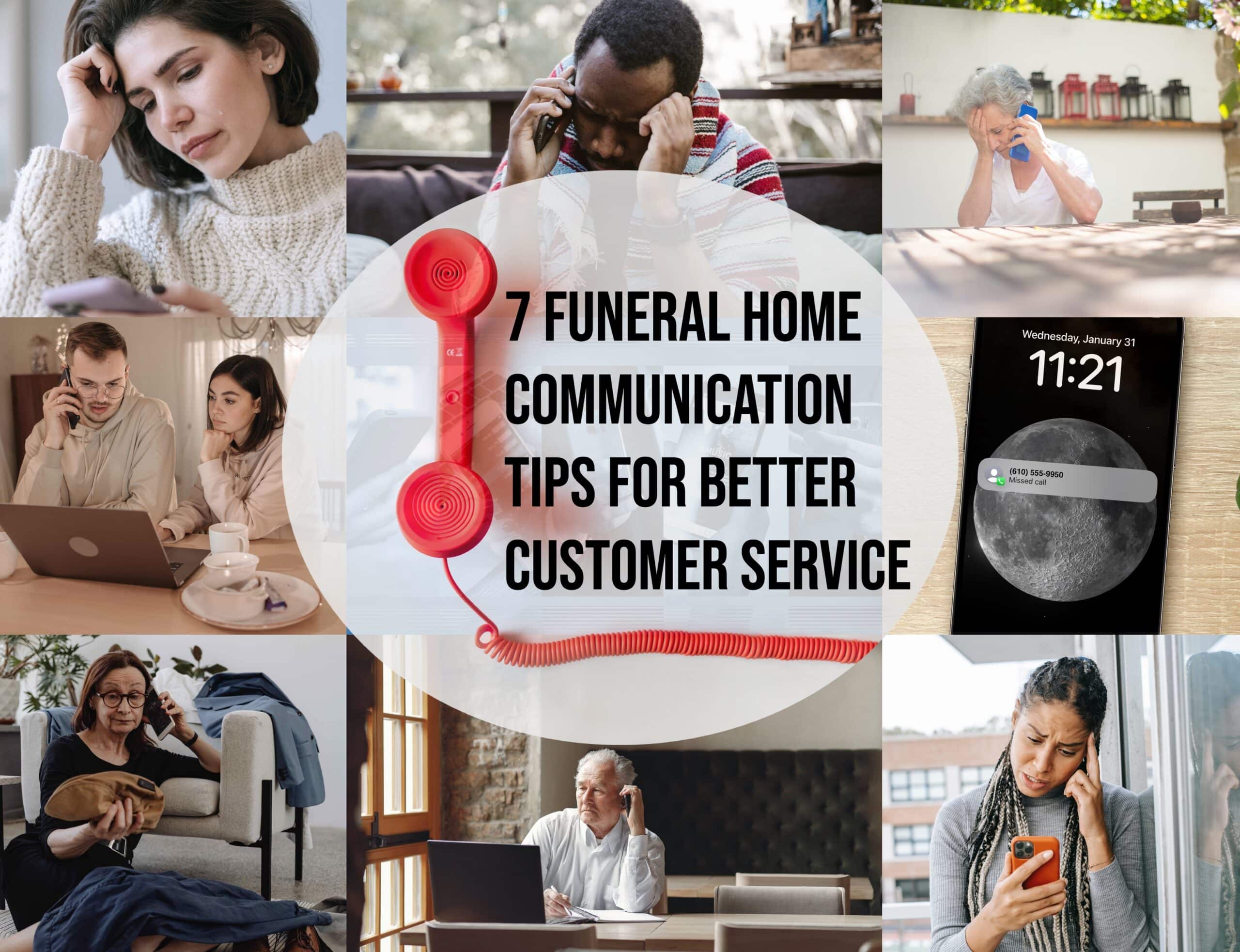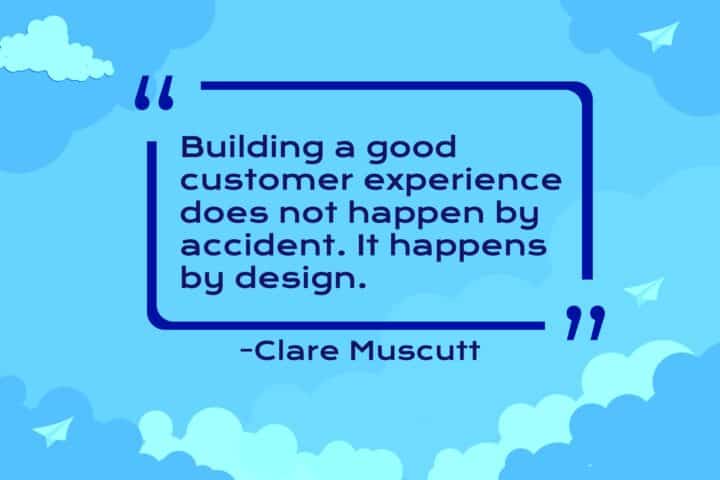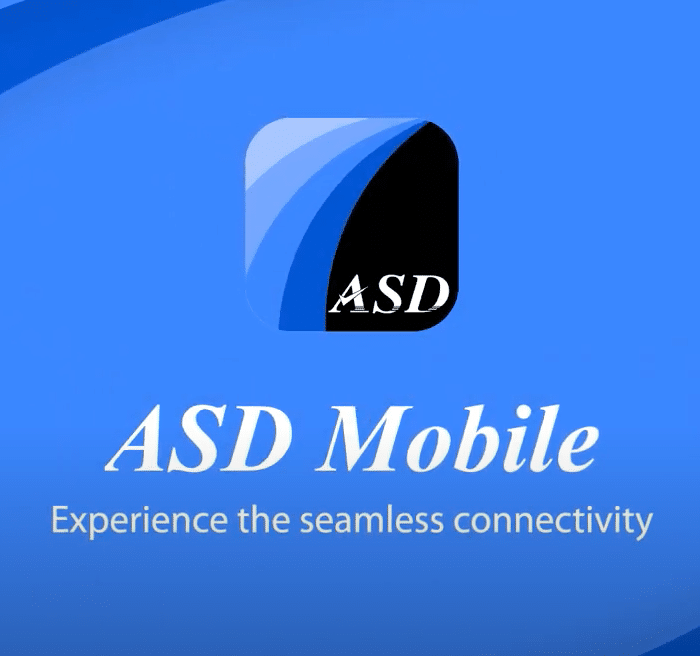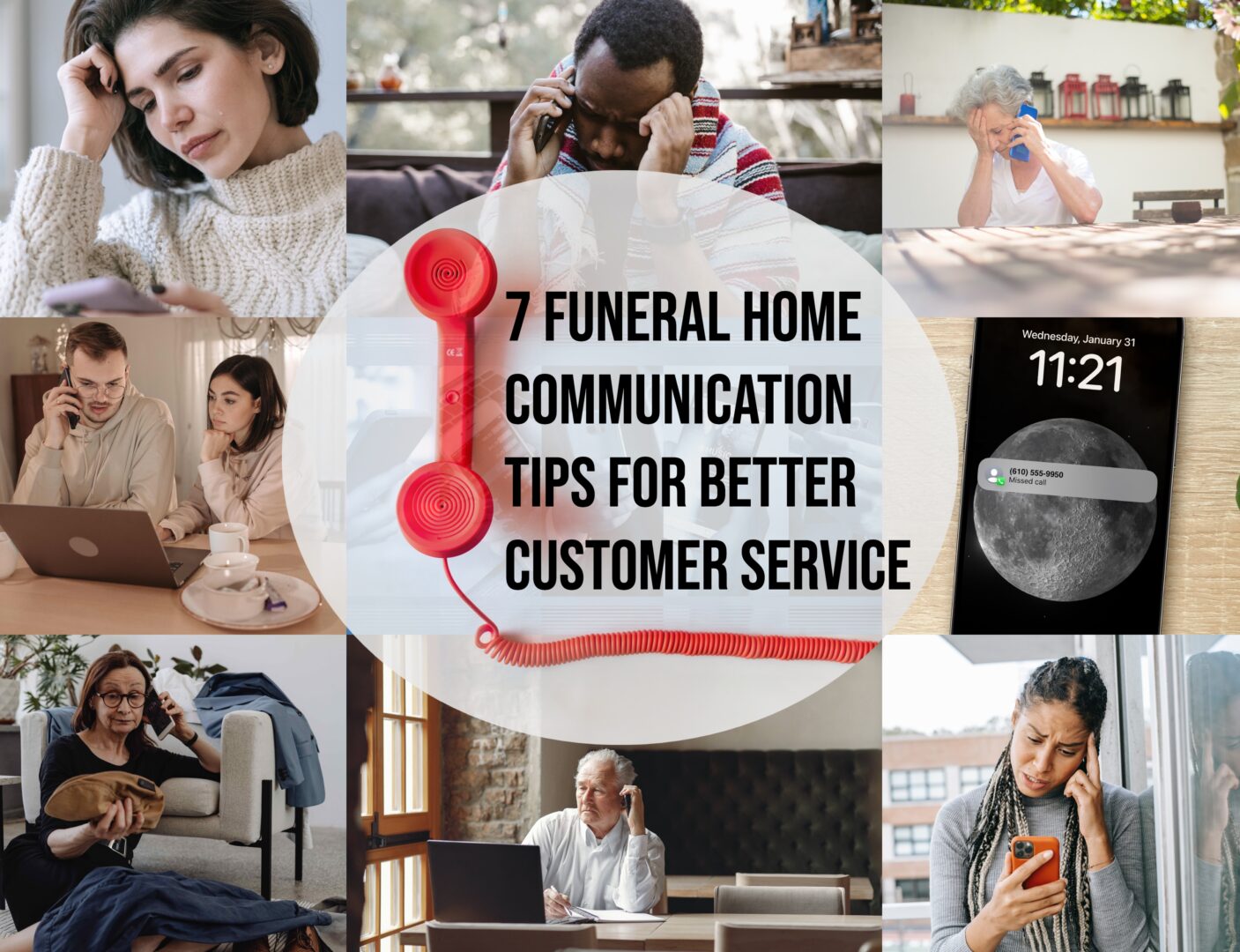
This article was originally published in the February 2024 issue of Southern Funeral Director magazine.
There is a crucial link that exists between funeral home communication and exceptional customer support. The numerous exchanges that occur between the funeral home and client families, as well as potential client families, have the power to transform the overall experiences of those families. It extends beyond the confines of a mere hour-long arrangement conference, encompassing every interaction from the family’s initial contact with the mortuary and well beyond the funeral service.
There is no question that thoughtful communication sets funeral home apart in the eyes of families. It significantly influences their perception of the funeral home’s compassion, professionalism, and overall commitment to providing a meaningful and supportive experience. Yet, despite being extremely caring individuals, many funeral professionals do not connect the dots and routinely overlook the power of effective funeral home communication. Whether it’s neglecting incoming calls, responding sluggishly to messages, maintaining an outdated website, or hesitating to engage with families in their preferred manner, these lapses accumulate over time.
In this article, we unveil 7 practical funeral home communication strategies for modernizing customer service and support
1. Be responsive to families
Navigating the aftermath of a loved one’s passing involves a cascade of time-sensitive responsibilities. Prompt communication with a funeral home is imperative for the timely retrieval of the deceased from the hospital or nursing home. Obituaries must be meticulously crafted and submitted within a designated time frame. Selections for the officiant and the gravesite demand immediate attention to coordinate all of the service details. In essence, the funeral planning journey unfolds as a succession of crucial decisions, all made amid the weight of profound grief and stress. These unique circumstances underscore the crucial importance of responsiveness in the funeral profession.
In these critical moments, waiting for answers feels like an eternity for grieving families. This is why having the ability to swiftly address their concerns becomes an invaluable aspect of providing compassionate and effective customer service for funeral professionals. There are many helpful tools that can aid funeral homes in being responsive to families. For after-hours calls, having an answering service that documents messages on a mobile app and dispatches them without delay to your on-call staff is vital. Embracing newer communication solutions, such as the ability to seamlessly join ongoing first calls or receive alerts for urgent inquiries submitted on your website, can provide a significant advantage. These innovations position the funeral home as a reliable and prompt responder to the needs of grieving families.
2. Invest in a safety net for missed calls
It is so easy to miss an important phone call. You don’t have to be a careless person for it to happen. Yet, many funeral home owners make a deliberate decision to not forward lines to an answering service because they believe they are providing superior customer service to families by answering every call themselves. While these are certainly admirable intentions, it often results in callers being met with a voicemail system, busy signal or perpetually ringing phone. In the funeral business, a single missed call can cost you the trust of a family you have worked with for generations, while the cost of simply backing up your phone lines is minimal.
Many funeral homes are able to find a healthy medium by using a call forwarding feature known as No Answer Call Forwarding. Available through most local phone companies, No Answer Call Forwarding gives you the ability to program your phone lines to ring over to a secondary number if it is not answered at the funeral home within a specified number of rings. This allows funeral homes to remain the first point of contact for the majority of calls without the possibility of a missed call. By using a funeral home exclusive answering service, such as ASD, as a designated back-up, you guarantee callers receive prompt and compassionate responses even if the primary line is not answered. This ensures a seamless and empathetic communication experience for those seeking funeral services.
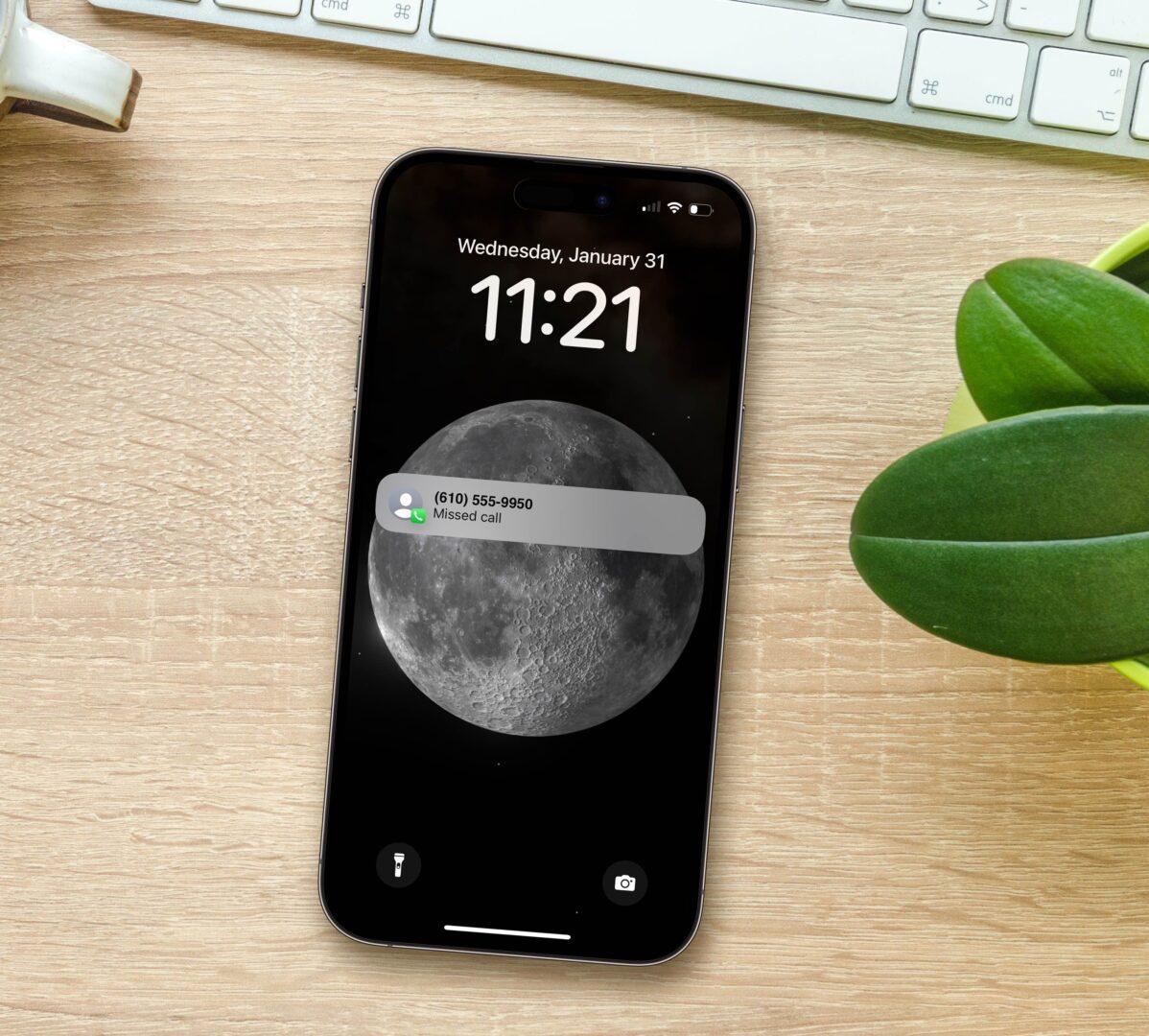
3. Use the communication methods families feel comfortable using
For some, it will be a phone call. For others, email. In the case of older generations, it may be an unscheduled in-person visit. However, for the vast majority of people, text messaging has emerged unquestionably as the preferred method of communication. Consider the statistics. Text messages have a 98% open rate compared to 20% in emails (SMS Comparison, 2022). Consumers are 4.5 percent more likely to respond to (not just read) your text messages than your emails. A whopping 93% of Americans who support local businesses want both text and voice options when communicating with them depending on the circumstances (Cloudli Communications). Additionally, the numbers around seniors and texting have been consistently growing. A study conducted by One Poll found that one third of Americans over 65 prefer texting to phone calls.
What does all of this mean for funeral professionals? The days of trying to dissuade families from using text messaging to communicate with your funeral home are over. While texting may not be your preferred method, new technology solutions exist to make it easier for mortuaries to add text messaging to their funeral home communication strategy. For instance, using the ASD Mobile app you can use your funeral home’s number instead of your personal number to send and receive text messages. This ensures important data, photos, and attachments sent to the funeral home via text message by families will remain stored on the app and accessible to your entire team. For appointment reminders, follow-up texts, and other office-related communication, your funeral home staff can also send text messages online using the funeral home’s phone number as the sending number.

4. Make a connection with price shoppers
Historically, funeral homes thrived on longstanding relationships with legacy families who consistently sought their services. However, pandemic-related economic pressures and a quest for more affordable options have eroded many of these connections. Prospective clients, often labeled as shopper callers, are not merely low-value consumers; they represent uncommitted families, potentially new to the area or navigating funeral planning for the first time. Winning their business and demonstrating the suitability of your funeral home should be a crucial objective at the heart of your customer service strategy. Funeral homes that rely solely on past customer loyalty, without actively engaging with potential clients, risk hindering business growth and tarnishing their reputation.
Establishing a connection with inquiring callers begins at the first point of contact. This is why ASD recommends connecting price shoppers directly with on-call staff to provide immediate answers, eliminating the need for post-call follow-ups while they explore other funeral homes. Funeral homes utilizing ASD also benefit from the ability to review shopper calls patched to their staff, allowing you to listen to the complete recording of the call even after the ASD Call Specialist disconnects. On-call directors can call any number through the ASD Mobile app and have the call recorded and available for future review. This solution helps funeral home owners and their staff to develop a consistent approach. Using call recordings as convenient training tools can help funeral homes establish best practices.
5. Know how your callers are being treated
It is crucial for anyone representing a funeral home, whether a receptionist, on-call director, or answering service, to recognize the significance of conveying compassion over the phone. Funeral home owners must be certain about the type of support their callers are receiving, leaving no room for doubt that patience and understanding are consistently provided. Questions about call waiting times and call quality should never arise. Regularly monitoring calls ensures that every caller experiences the same level of professional and compassionate service. Taking proactive measures, such as conducting test calls, reviewing call recordings from the answering service (including those directly patched to staff), and employing a mystery calling service, allow you to make a proper assessment. These steps ensure your telephone representation aligns with the professional and compassionate image of your business.
6. Don’t overlook web communication
Many funeral professionals make the mistake of viewing their funeral home website merely as a static advertisement, overlooking its potential as an open channel for communication. Rectifying this perspective is crucial for funeral home owners aiming to provide the highest level of customer service to their community. The funeral home website often serves as the initial point of contact for many families, essentially functioning as the front door to their services. While it might initially feel impersonal or unfamiliar for a funeral home’s relationship with a family to begin online, this approach is becoming increasingly common in the business landscape. As this trend continues, families will come to expect online options from their local funeral home.
Establishing a responsive web presence, coupled with safeguards to ensure immediate communication of urgent messages, is vital for successful funeral home customer service. For instance, if individuals with preneed inquiries or families attempting to make changes to a loved one’s obituary do not receive prompt responses to their web requests, it can have a cascading effect, significantly damaging the funeral home’s reputation. This is why having protections in place, such as ASD’s Web Form Watch Dog™, are essential. They ensure the timely delivery of urgent online funeral home communication. Vigilance in monitoring all incoming messages, encompassing web forms, emails, chats and other electronic means, underscores the funeral home’s unwavering commitment to serving the community with the highest level of customer support.

7. Put yourself in their shoes
Funeral directors, known for their exceptional empathy, fully grasp the significance of sharing in the grief experienced by the families they serve. While you may be adept at empathizing with the emotions of grieving families, have you ever stepped into their shoes when evaluating the communication processes of your funeral home? Have you considered the duration families spend on hold before connecting with a representative? Are you aware of the time elapsed between reporting a death and receiving a call back? How many individuals must families engage with to convey a service update? What is the level of ease or difficulty for families in their interactions with your funeral home? These important details should be thoroughly considered when shaping your funeral home communication strategy. Are there any overlooked gaps that require attention?
One of these gaps often occurs when a death is reported to the mortuary and the family must wait for a return call from a director. While the timeframe may be short, for families experiencing a loss, it can be helpful to have something to focus on while waiting. Offering immediate guidance through text messaging helps establish a connection and demonstrates care. ASD’s NEXT STEP Text™ enables funeral homes to send important resources to families via text after their first call. The text can be initiated by ASD after handling a first call for the funeral home or by a funeral home employee using the ASD Mobile app. Funeral professionals can customize the text to include relevant information, such as a link to a resource page on the funeral home’s website or a pre-written checklist. This proactive approach enhances the customer experience and showcases a higher level of customer care.
Related Reading
10 Reasons Your Funeral Home Is Losing Shopper Calls (And How to Fix It)
4 Things You Can Do Today to Improve Your Funeral Home’s Customer Service
Text Messaging in the Funeral Business: 10 Innovative Solutions to Stay Ahead
